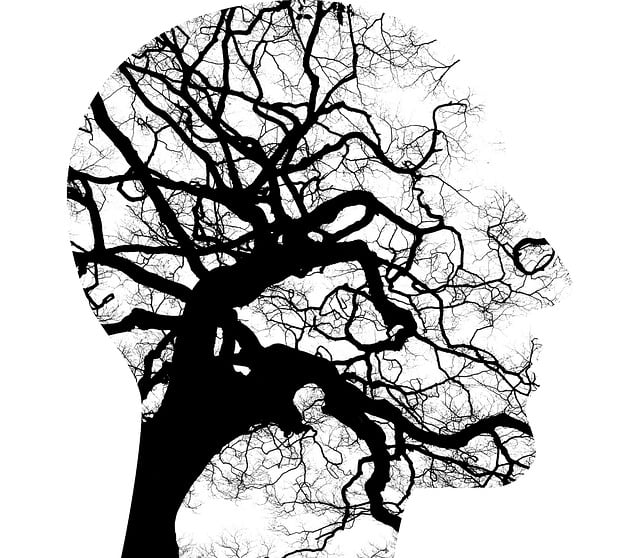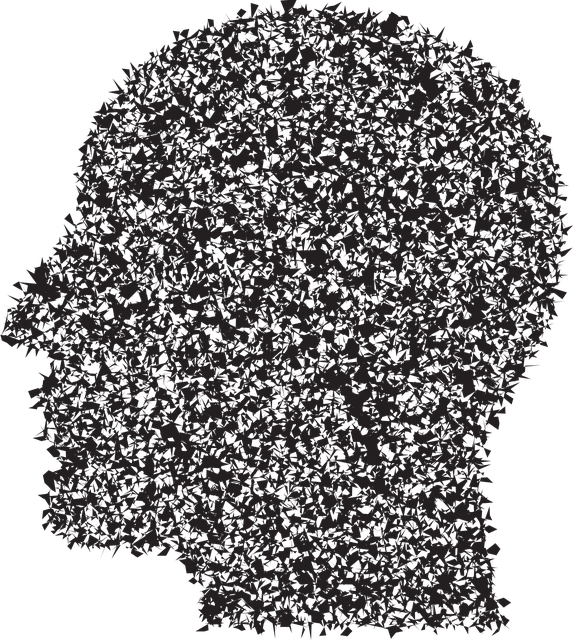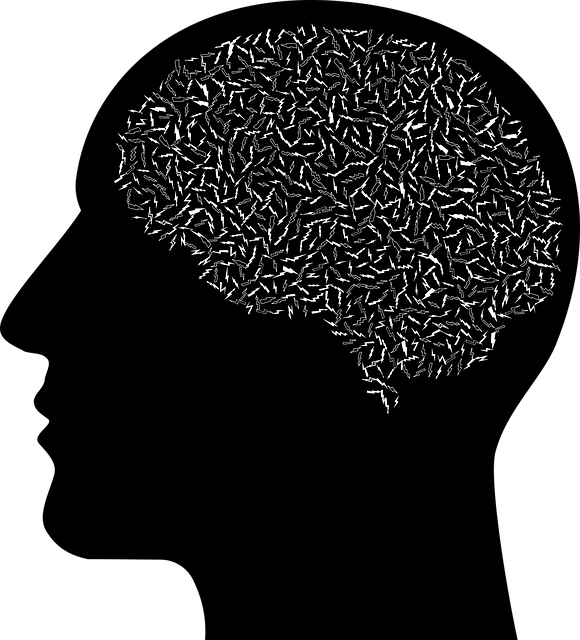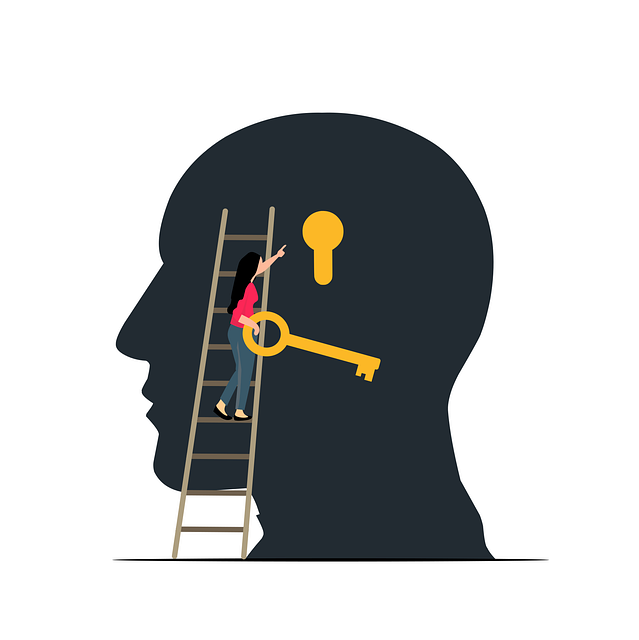Golden Conduct Disorder (GCD) Therapy tackles unique mood regulation challenges through modifying maladaptive behaviors, enhancing emotional intelligence, and improving communication. Integrating Cognitive Behavioral Techniques (CBT) for thought pattern management, mindfulness practices like meditation and physical activity, along with community support through Stress Management Workshops, this approach reduces mental illness stigma by promoting self-awareness, healthier relationships, and broader mental wellness.
Mood regulation strategies are essential tools for managing emotional well-being. This article explores two primary approaches: cognitive behavioral techniques and lifestyle adjustments, offering effective solutions for those seeking to calm their minds and overcome challenges like Golden Conduct Disorder (GCD) therapy. By understanding the fundamentals of mood regulation, you’ll discover practical ways to enhance your mental health and cultivate a more balanced emotional state.
- Understanding Mood Regulation: Unraveling the Golden Conduct Disorder
- Cognitive Behavioral Techniques for Effective Mood Management
- Lifestyle Adjustments and Holistic Approaches to Calm the Mind
Understanding Mood Regulation: Unraveling the Golden Conduct Disorder

Understanding Mood Regulation: Unraveling the Golden Conduct Disorder
Mood regulation is a complex process that involves managing and stabilizing emotions in response to internal and external stimuli. Among various challenges, individuals diagnosed with what’s commonly referred to as Golden Conduct Disorder (GCD) face distinct hurdles in this regard. GCD Therapy, therefore, becomes a critical tool for navigating these complexities. This form of therapy focuses on identifying and modifying maladaptive behaviors, improving emotional intelligence, and enhancing communication strategies – key aspects in the mental illness stigma reduction efforts. By fostering better understanding and self-awareness, GCD Therapy equips individuals with effective coping mechanisms to manage their moods more effectively.
Emotional intelligence plays a pivotal role in this process. Through tailored techniques, therapy helps individuals recognize and express emotions healthily, enabling them to build stronger connections and improve overall well-being. Additionally, communication strategies are honed, facilitating open dialogue about feelings and needs, which is essential for healthy relationships and social interactions. This holistic approach not only empowers those with GCD but also paves the way for broader mental wellness and reduced stigma in society at large.
Cognitive Behavioral Techniques for Effective Mood Management

Cognitive Behavioral Techniques (CBT) are powerful tools for managing and regulating moods effectively. This approach focuses on identifying and challenging negative thought patterns and behaviors that contribute to emotional distress. By understanding the connection between thoughts, feelings, and actions, individuals can gain valuable insights into their mood fluctuations. CBT encourages a more balanced perspective, helping people replace unhelpful cognitive distortions with realistic and adaptive thinking.
In the context of Golden Conduct Disorder (GCD) Therapy, CBT plays a pivotal role in crisis intervention guidance. It equips individuals with strategies to navigate emotional crises and prevent recurrent episodes. Through structured therapy sessions, clients learn to recognize triggers, develop coping mechanisms, and enhance their problem-solving skills. Additionally, Social Skills Training is often integrated into CBT programs to improve communication, assertiveness, and interpersonal relationships, thereby fostering better mental wellness.
Lifestyle Adjustments and Holistic Approaches to Calm the Mind

In the pursuit of calm and balanced moods, lifestyle adjustments play a pivotal role. Incorporating mindfulness practices such as meditation and deep breathing exercises into daily routines can significantly aid in stress management and burnout prevention. These holistic approaches aren’t just fads; they are backed by Golden Conduct Disorder Therapy, offering effective coping mechanisms to navigate life’s challenges with resilience. Regular physical activity, adequate sleep, and a balanced diet also form the foundation of mental well-being, contributing to improved mood regulation.
Beyond individual practices, connecting with like-minded communities through Stress Management Workshops Organization can provide a supportive network. These workshops often delve into various techniques tailored for specific needs, fostering an environment conducive to learning and growth. By adopting these holistic strategies, individuals not only manage stress effectively but also cultivate a deeper sense of inner peace and stability, even in the face of life’s busiest labyrinths.
Mood regulation is a multifaceted skill, and understanding the interplay between cognitive, behavioral, and lifestyle factors is key. By recognizing the dynamics of Golden Conduct Disorder and employing evidence-based strategies, individuals can effectively manage their moods. Cognitive Behavioral Techniques offer powerful tools for reframing negative thoughts, while holistic approaches like mindfulness and lifestyle adjustments create an environment conducive to emotional balance. Integrating these methods allows for a comprehensive strategy to address Golden Conduct Disorder Therapy, ultimately fostering resilience and improved mental well-being.











